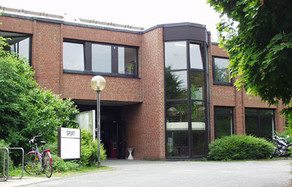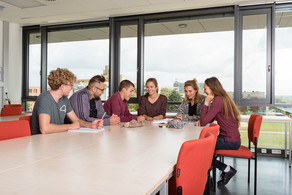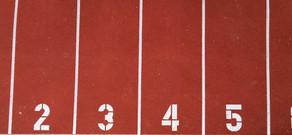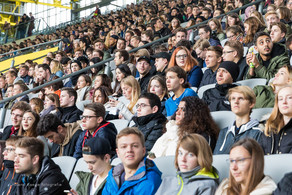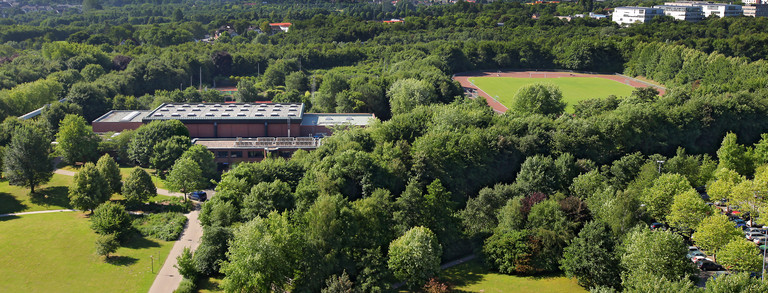RelaySens - Development of a MEMS-based measurement system for performance diagnostics in track and field relay sprinting
| Project Management: | Dr. Marcus Schmidt |
| Collaborators: | Prof. Dr. Thomas Jaitner |
| Client: | Federal Institute for Sports Science |
| Duration: | 01.04.2021 - 31.03.2023 |
Goals and contents
Systems based on microelectromechanical sensors (MEMS) are becoming more and more common in high-performance sports, including in the field of athletic sprinting disciplines, as they have proven to be suitable due to their very compact design, low weight and energy requirements, and comparatively high mechanical load capacity (Camomilla et al., 2018; Macadam et al., 2019; Mertens et al., 2018; Schmidt et al., 2016). Nevertheless, the methods include specific limitations in computational and evaluation routines, as the accelerations and forces involved in sprinting are many times higher than those involved in walking, running, or other dynamic movements, making the development of algorithms and evaluation routines to derive biomechanical influence quantities more challenging (Diaz et al., 2013; Taherian et al., 2010). This is especially true for relay sprinting. So far, the diagnostics of relay sprinting is mostly done by time-consuming video analyses. Possibilities to use portable measurement systems have not been exhausted so far. In particular, the use of the magnetic field sensors available in most systems has so far only been carried out in a few applications, although this can provide essential additional information that can improve the calculation of performance parameters (Falbriard et al., 2020). The aim of the proposed research project is to develop and validate evaluation routines based on wearable miniaturized microelectromechanical sensors for performance diagnostics of light athletic relay sprinting, which will allow the automatic acquisition of performance parameters (especially running speeds in the alternating range) of the participating sprinters and provide real-time monitoring to the coach.
Current processing status
The project is basically divided into two main work steps. First, initial data will be collected with the portable system in the first year of the project. Based on this data, algorithms and evaluation routines will be developed to determine the relevant characteristics, and the evaluation concept will be developed and implemented in a user concept. Subsequently, in the second year of the project, the validation and application as well as a review of the suitability of the system in the high-performance range will be carried out. Ideally, highly trained samples (national squad, junior national squad) of female and male sprinters will be used for the data collection in consultation with the professional association (DLV). The measurements can take place both at the facilities of the TU Dortmund and at squad measures or training courses outside Dortmund.



